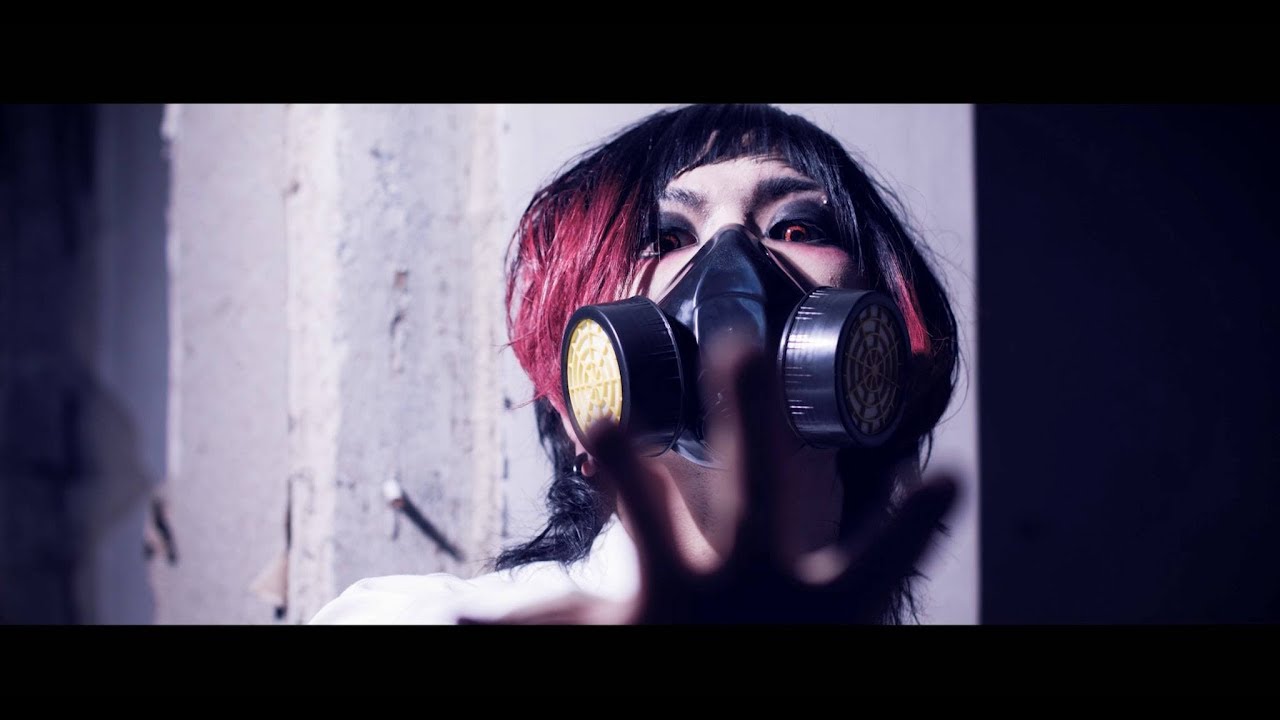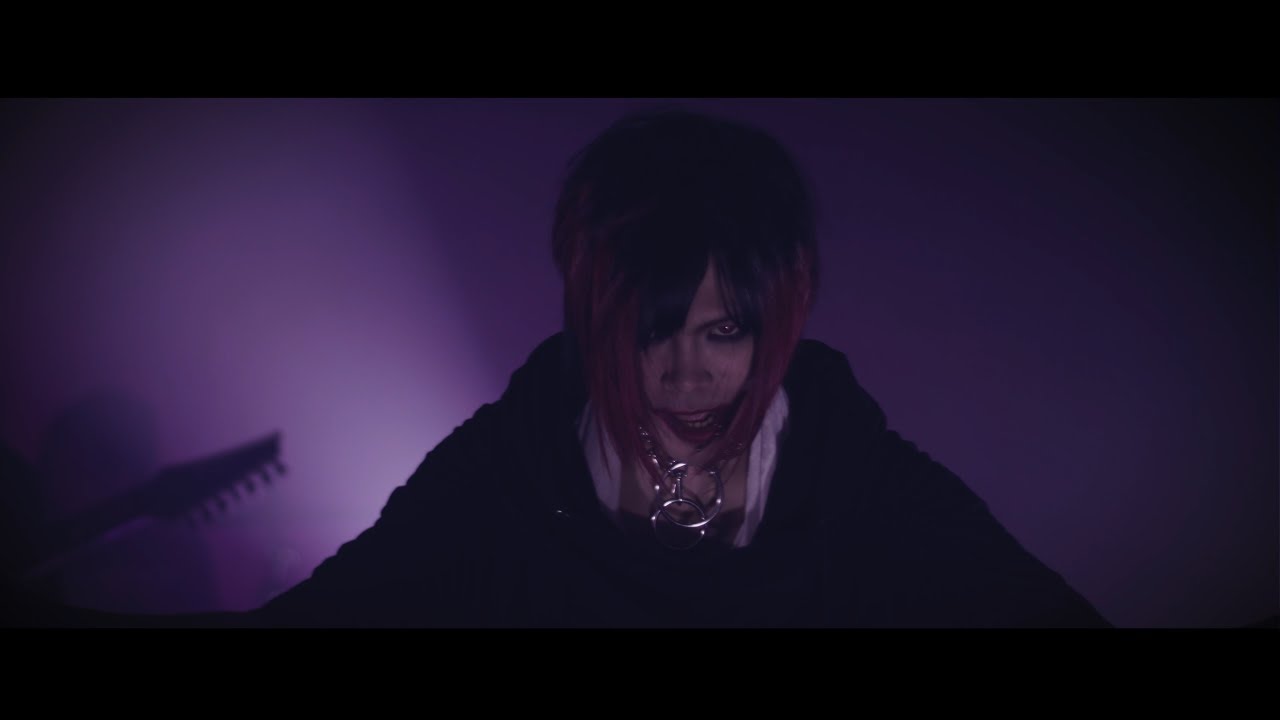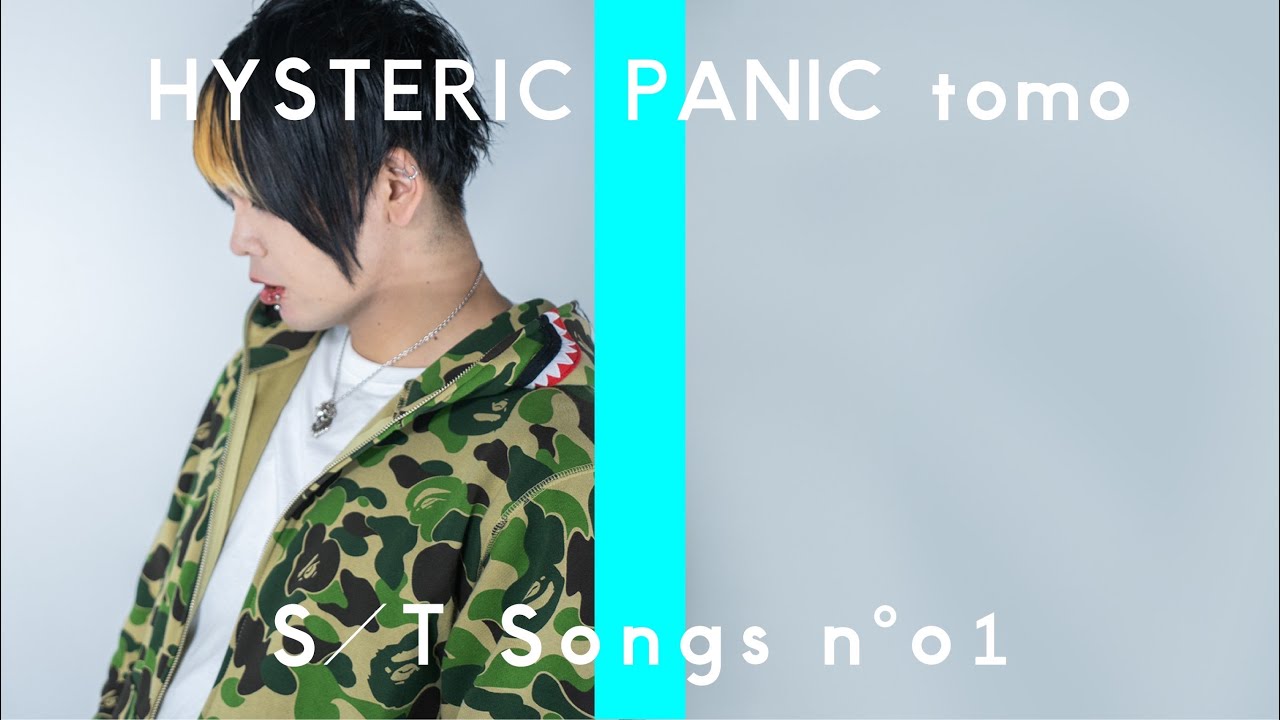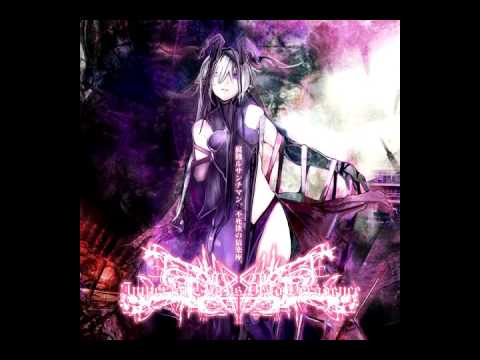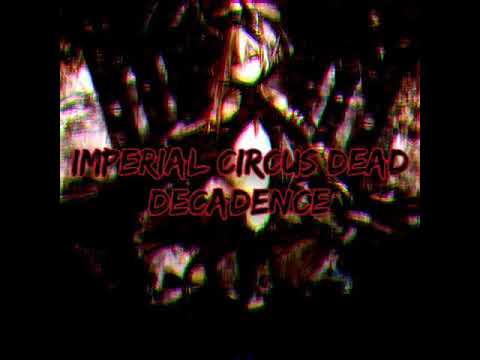One of the hallmarks of vkei is the huge range of vocals you’ll find. Making weird noises is often the goal, as opposed to sounding good or pleasing. One person might love a raw, screechy voice, while another might find it absolutely intolerable.
Because everyone has different tastes and preferences, the only way we can judge a vocalist as objectively “good” is one that SOMEBODY enjoys, because they deliver a message and create a feeling!
SO, I’m not here to talk about that, because we can endlessly argue about that sort of thing.
Vocal technique, on the other hand, is something that can be objectively measured and taught, since it is based on learning how to understand and control the body parts related to producing voice/sound. This includes skills such as
- breath control (how long can you sing or hold a note without gasping)
- voice placement (are you singing from behind your nose or in your chest)
- voice control (holding a stable note and volume)
- accuracy (hitting the right note cleanly without sliding)
Now! Why is relate 2 vkei? (I’m speaking about vkei because that’s what I have the most knowledge of, but please do chime in with other jmusic!)
Vkei singers are guilty of many vocal sins, but that doesn’t mean they’re bad vocalists! Remember, being a good vocalist is extremely subjective!
HOWEVER!
Correct vocal technique is SUPER helpful in maintaining the health and longevity of your voice, ESPECIALLY for vocalists that do any shouts or screams. Vocal cords are muscles like any other, and using them too much or incorrectly causes strain and injury. Therefore, good vocal technique isn’t just a matter of being a vocal snob, but of keeping your voice functional!
A lot of vkei vocalists do get some vocal training at some point, but there’s certainly quite a bit of, uh, leeway, that’s given when it comes to skill.
For example, THE FAKE VIBRATO OH MY FUCKING GOD. I get excited to hear a voice that DOESN’T have a vibrato because a fake vibrato is so commonplace. If you don’t know how to naturally produce a vibrato, that’s fine!! Artificially induced vibrato puts excess strain on your voice and sounds bad anyway!
Extremely nasal vocals with a forced, pushy quality seem to be the status quo. I think this is definitely a technique problem, because it seems like most vocalists don’t know how to use chest/mixed voice and use only pulled-chest voice moving into head voice, making it super hard to get the proper mix of volume, pitch accuracy, and breath.
Pitch accuracy…so many live videos are pretty rough to watch because the vocalist is horribly off-key, even with the in-ear monitor. Technical difficulties notwithstanding, it’s wild how awful some vocalists sound live due to the hefty amount of processing that goes into the vocal recordings. Singing live is certainly a different challenge than in a recording booth since you can’t hear yourself well, but that’s what practice is for.
I fully admit that my favorite vocalist, Mahiro of Kiryu, is a a godawful vocalist in terms of technique, so this is by no means me being a vocal snob ![]()
Anyway!
Thoughts? Opinions? Can anyone think of any technically SKILLED vocalists in vkei especially?
